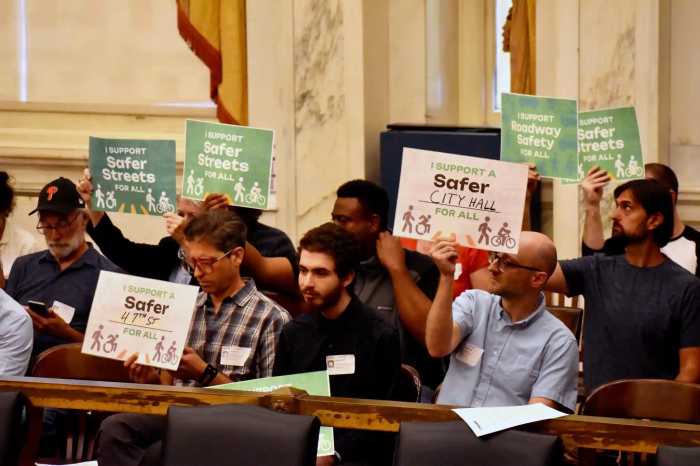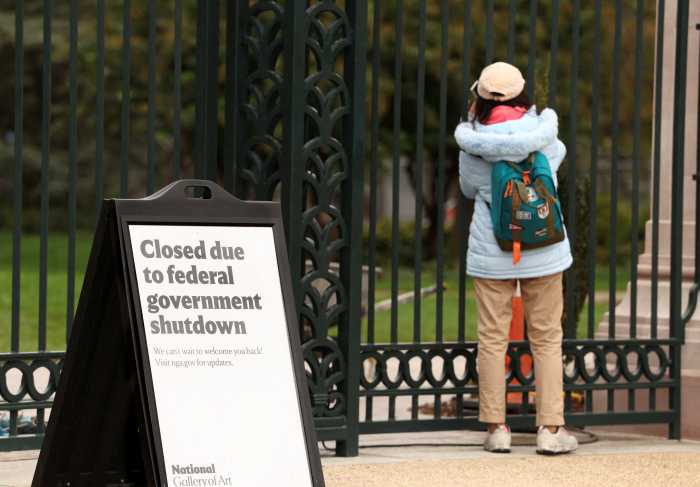Lisa Smith felt confident as she entered a recent job interview. She was prepared and qualified, and as the hiring manager read her application, she felt positive that he would offer her the position.
That is until he asked the dreaded question.
“As soon as someone asks me if I’ve ever been convicted of a felony, the tone of the conversation changes,” said Smith, a formerly incarcerated job-seeker. “Then I realize that I don’t have a chance.”
This Thursday, July 18, at 9:30 a.m., Temple University will host a forum called ‘Equal Opportunities: Fair Chance Hiring in Philadelphia’ inside the Howard Gittis Student Center. The forum consists of a panel discussion and a networking hour, and is sponsored by Resolve Philly, a community newsroom, and the Reentry Business Network, a corporate consulting firm.
“This event should start conversations about hiring discrimination against formerly incarcerated people, and inform companies on how to be fair chance employers,” said Michael Robinson, Community Outreach Director for Temple and organizer.
Fair Chance hiring is the practice of hiring individuals with a criminal record, and is not only altruistic, but also taps into a massive source of talent that many businesses can benefit from. Companies in Philadelphia like Starbucks, Walmart, and Pepsi are all self-proclaimed second chance employers.
As of 2022, 19 million Americans have been convicted of a felony. Every year, 700,000 people leave prison, and many of these formerly incarcerated people – often called returning citizens – have faced hiring discrimination after they were released and tried to find a job, mostly due to the stigma of being justice-impacted.
For the most part, justice-impacted people in Philadelphia want to work, but face major challenges being hired after their release. About 45% of formerly incarcerated Americans were still unemployed one-year after leaving prison, according to a multi-year study the Brookings Institution released in 2018.
The jobless rate after three years is 27%, five times higher than the general U.S. population and exceeding even the highest level of unemployment ever recorded in the U.S. (25%), during the Great Depression.
Smith did finally get a job. “I was hired based on my experience and was so relieved,” she said. “I filled out the background check truthfully, and then received an email from my boss and human resources with an offer and contract.”
Yet 10 days after she started working, she was let go — terminated without cause.
“I couldn’t believe it,” Smith said. “Why hire me and fire me?”
‘Equal Opportunities: Fair Chance Hiring in Philadelphia’ organizers hopes that teaching companies the best practices of hiring justice-impacted people will avoid unfair practices like this in the future.
“This forum brings employers face to face with returning citizens so that the conversation can start about how to hire them,” Robinson said. “These people had difficulties getting hired elsewhere, but they will find work with a fair chance company someday.”




























